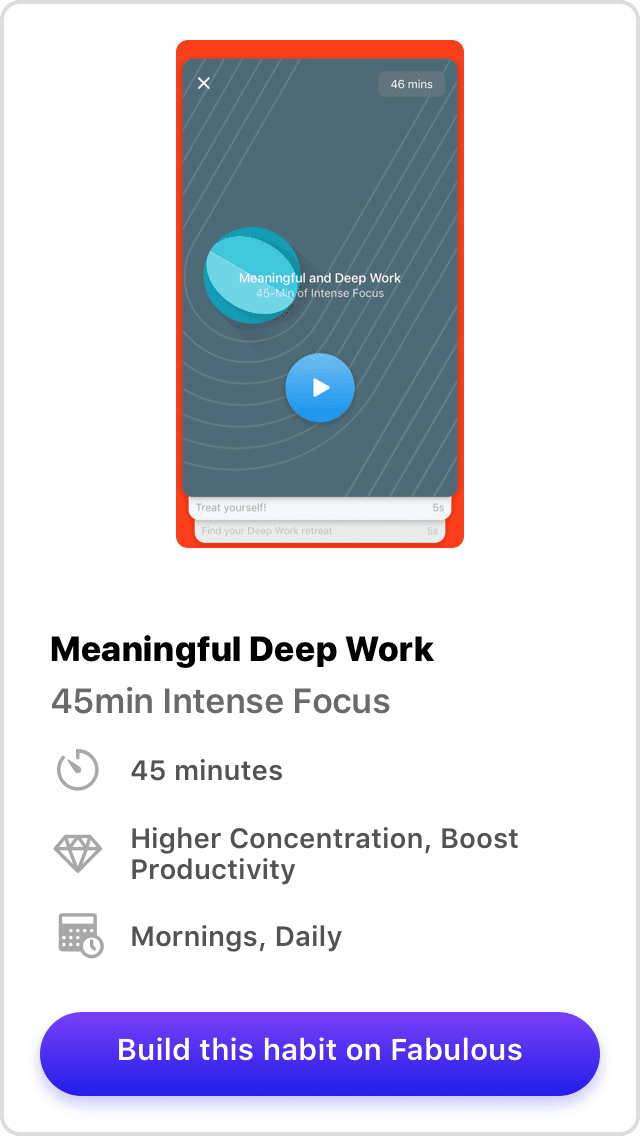If you’re finding a new job – or if you’d like to progress in your current one – then you’re probably looking at salaries to determine if that new job is worth the switch.
But is salary enough?
In The Upside of Irrationality: The Unexpected Benefits of Defying Logic at Work and at Home, behavioral economist and New York Times bestselling author, Dan Ariely, examines the concept of workplace satisfaction and “work-related irrationalities” through various studies. If you’re searching for meaningful employment, Ariely suggests looking beyond the paycheque.
Money Isn’t Everything
Although salary is essential to job success, there are other key factors to consider, as well. This is, especially, the case with open-source companies, such as OpenOffice and Ubuntu. Volunteers run these enterprises; they receive no financial compensation at all!
It’s clear, then, that salary is neither the strongest nor the only way to gauge job satisfaction. Instead, you should also focus on the job’s intrinsic rewards. If a job lacks these types of rewards, it makes it difficult to enjoy the job – regardless of the pay.
The Lego Lessons
In Part One of The Upside of Irrationality, “Work-related Irrationalities”, Ariely conducts various experiments to emphasize the importance of inherent meaning in your work. One of these experiments is called “The Lego Lessons”.
Ariely and his team recruited college students to build Lego robots, paying each student on a declining scale: the first robot would be worth $2.00, the second robot would be worth $1.89, and so forth. The students were separated into two groups – “meaningful work” and “meaningless work” – and they were allowed to build as many robots as they liked. To differentiate between both groups, the meaningful workgroup saw their creations accumulate while the meaningless work group had each of their robots disassembled by the researchers once they were built.
At the end of the experiment, the meaningful workgroup created a total of 10.6 robots, and the meaningless workgroup was left with 7.2 robots. The meaningful work group had worked nearly fifty percent harder and longer than the meaningless workgroup.
Work without meaning, even if it pays well, is unsatisfying. If you want to produce your best work and thoroughly enjoy your job, you need the right motivation.
The Five Motivators
When you’re searching for meaningful employment, there are five things that you should look for:
- Development – Does this company value your growth as an employee? Do they invest in your training? Are you able to continually learn about the job and the company?
- Progression – Is there a clear career path for the job? Can this job properly prepare you for advanced roles within the company? Does the company promote from within?
- Recognition – Will you be rewarded for your achievements? Will you receive acknowledgment for working above and beyond your duties? Are there incentives?
- Autonomy – Does the job provide you with a sense of responsibility? Are you held accountable for your actions? Is honest and open communication valued within the company?
- Environment – Does the workplace inspire you? Will you work with a supportive team? Is the workplace clean and comfortable?
In addition to a decent salary, these five motivators will keep you encouraged and focused while adding meaning to your job.
Finding Meaningful Work
Even though the pay is a crucial factor in your job search, it shouldn’t restrict your job search. Instead, be sure to position it alongside the other motivating factors. You’ll find a job that, not only pays well but is meaningful, too.




